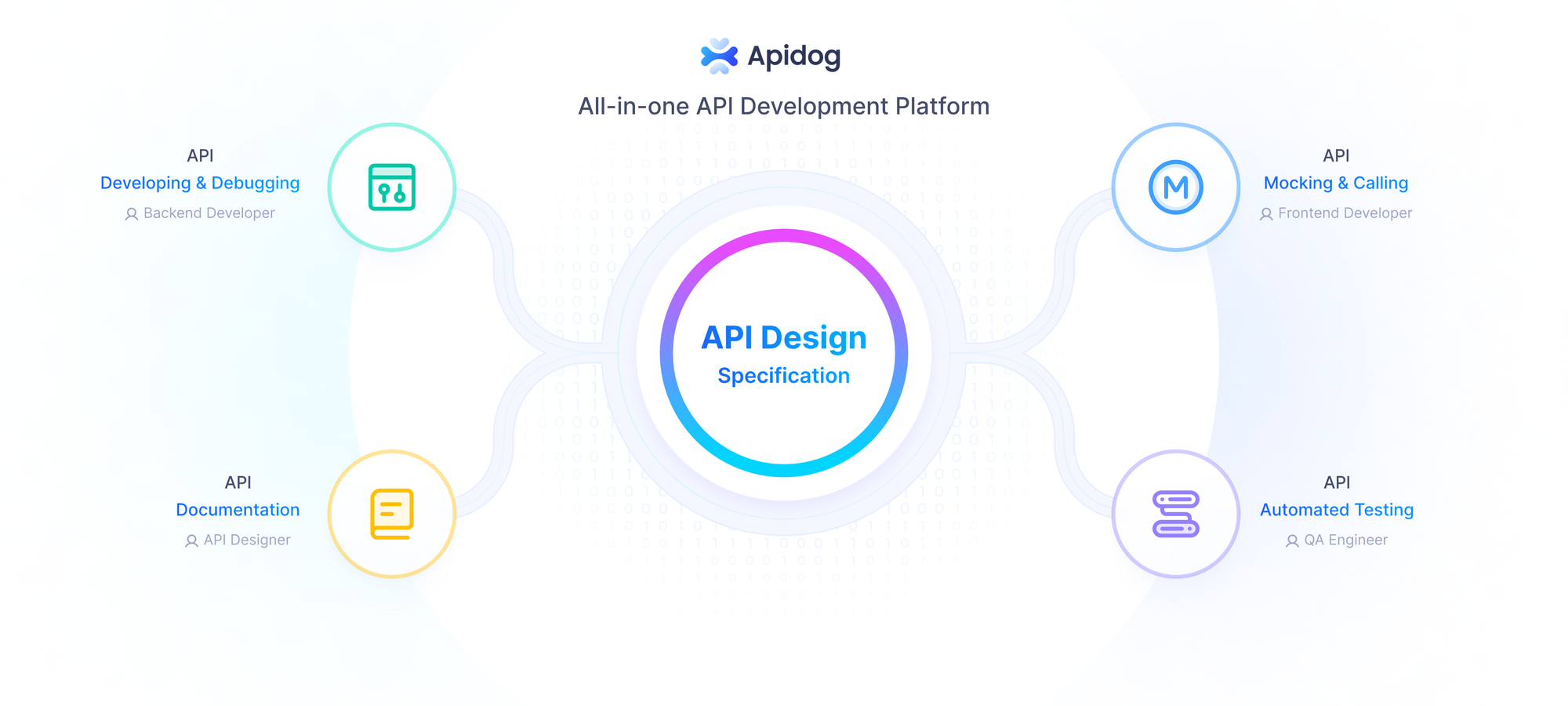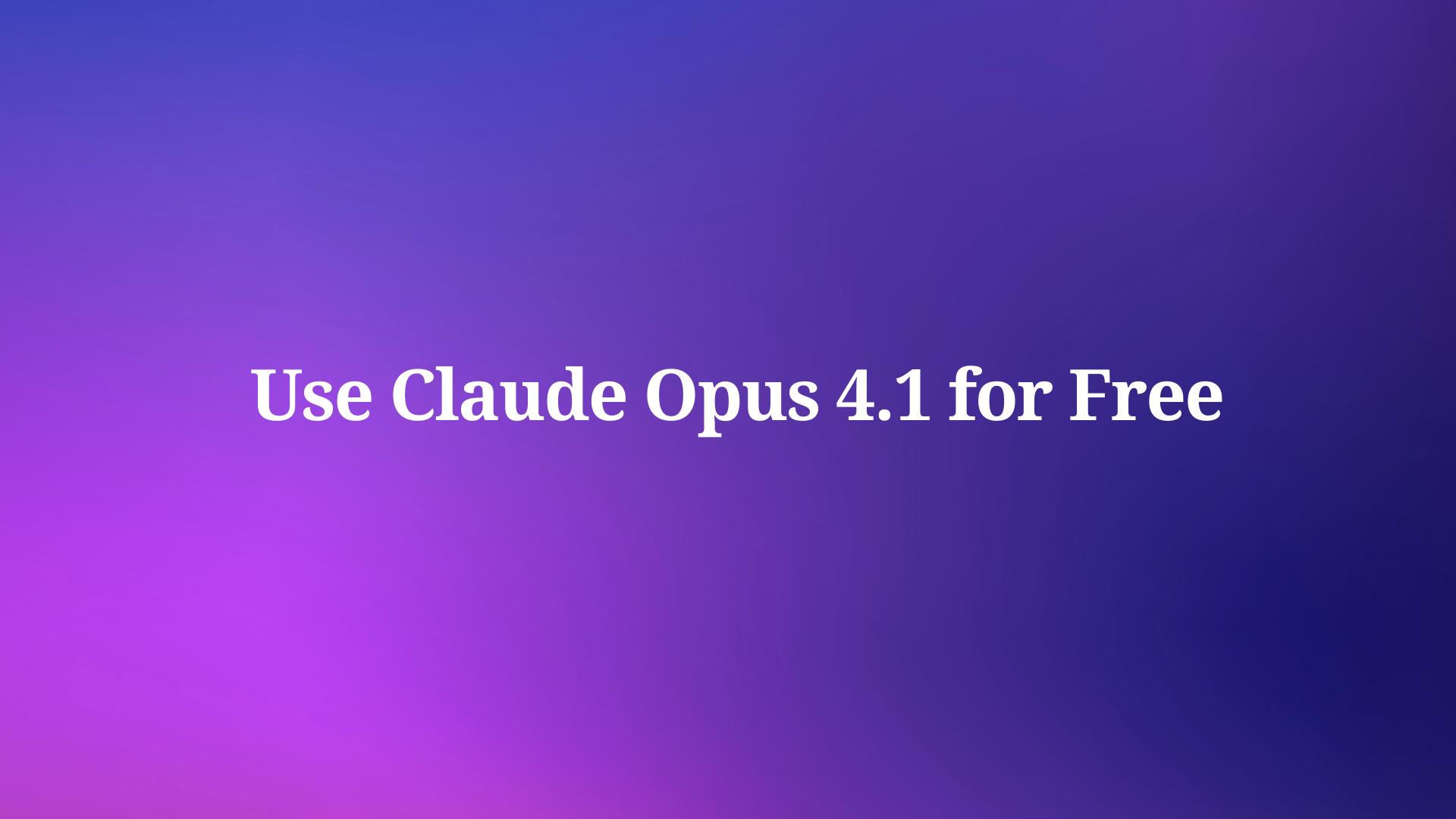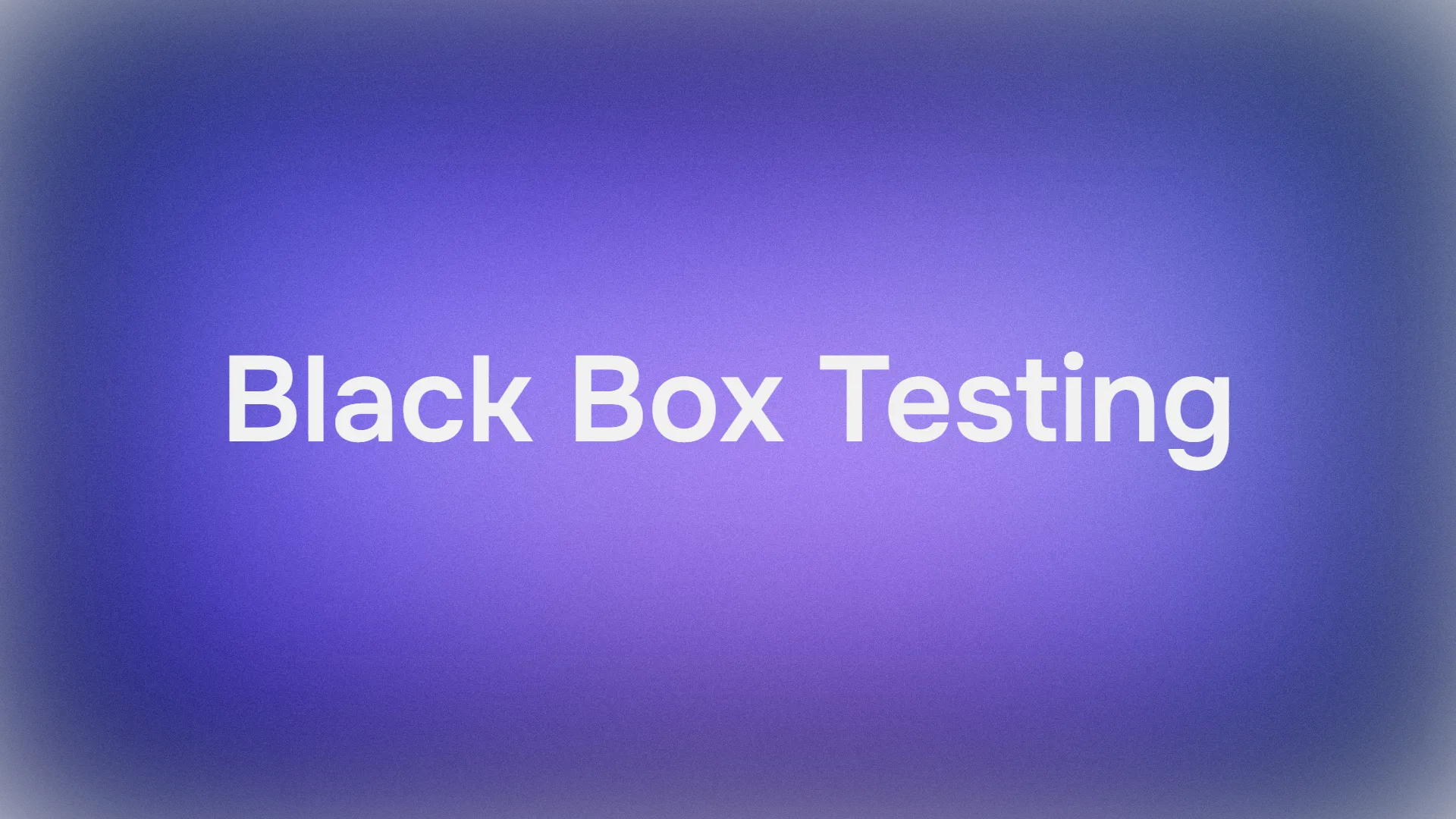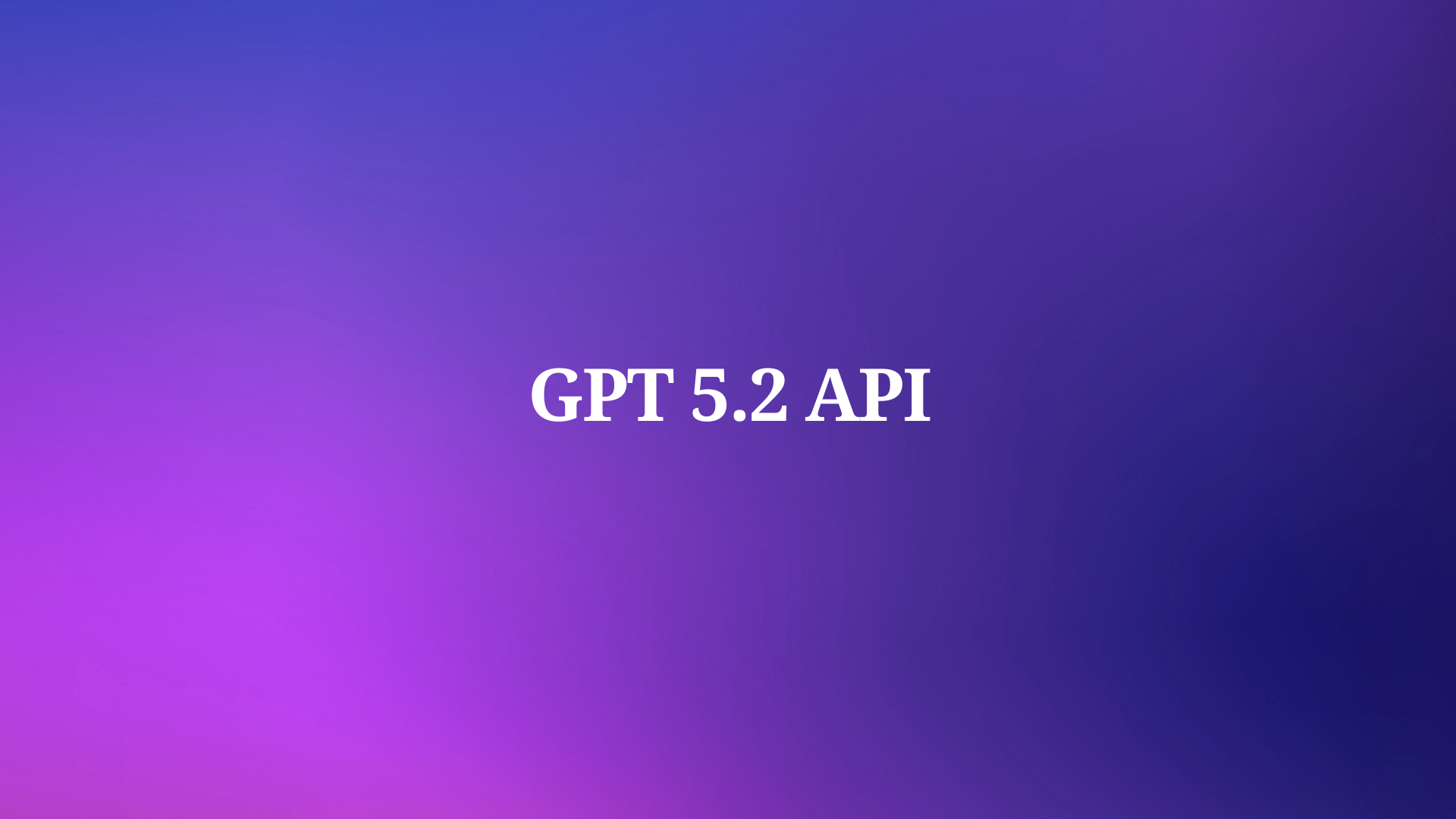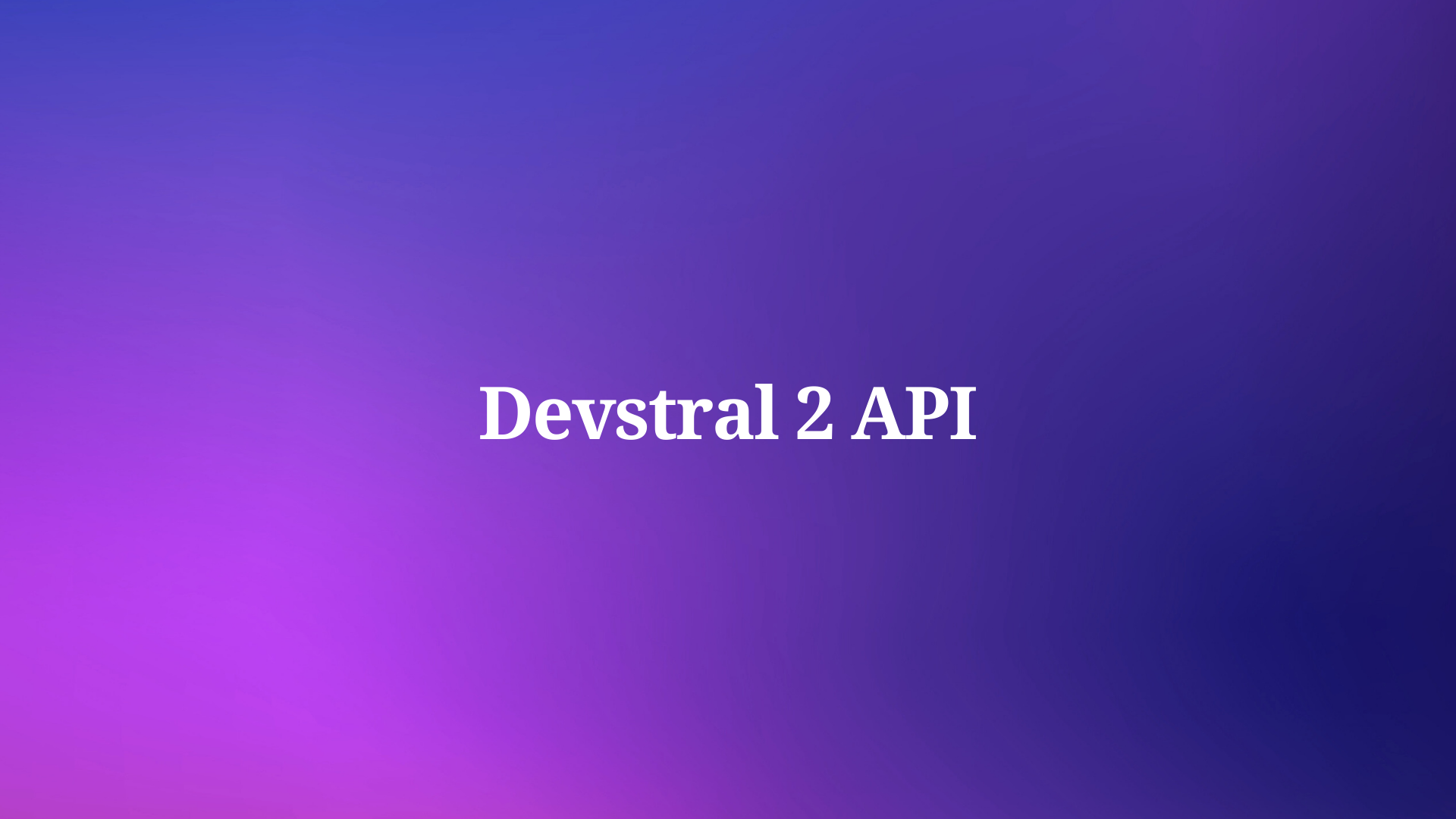Anthropic provides limited free access to Claude Opus 4.1 through the claude.ai web interface. Free users receive 3 standard requests and 3 extended thinking requests per day until September 15, 2025. This setup lets you explore advanced AI capabilities without payment during the promotional period.
This post explains the process of accessing Claude Opus 4.1 via the claude.ai interface. We cover essential features first, then detail signup steps, and proceed to usage strategies. Each section connects to the next, building your understanding progressively.
Defining Claude Opus 4.1
Anthropic develops Claude Opus 4.1 as a high-performance language model. It processes complex queries with precision, supporting tasks like reasoning and content generation. The model handles large contexts, making it suitable for detailed interactions.

Engineers at Anthropic enhance it with safety protocols. These ensure responses stay ethical and accurate. Compared to prior versions, Claude Opus 4.1 improves response quality in technical scenarios.
Users select it for its "extended thinking" mode. This feature allows the model to deliberate step by step, yielding thorough outputs. Consequently, it suits users needing in-depth analysis.
The interface at claude.ai integrates these capabilities seamlessly. You interact directly through a chat window, entering prompts and receiving responses. As we move forward, consider how the free policy enables this access.
Examining the Free Access Policy
Anthropic implements a temporary free tier for Claude Opus 4.1. It grants 3 standard requests, which handle basic prompts efficiently. Additionally, it includes 3 extended thinking requests for more elaborate processing.
This promotion lasts until September 15, 2025. After that date, paid subscriptions become necessary for continued access. Anthropic designs this to collect feedback and promote adoption.
Free users must register an account on claude.ai. No payment information is needed initially. However, the system tracks usage to enforce limits.
Extended thinking requests differ by providing visible reasoning steps. You activate this mode in the interface settings. Thus, it enhances transparency in responses.
Standard requests suit quick queries, while extended ones tackle intricate problems. By understanding these distinctions, you prepare for effective use. Next, we outline the signup process.
Guiding You Through Signup on Claude.ai
You start by visiting claude.ai in your browser. The site loads the main page, where you locate the signup button in the top right corner.

Click it to open the registration form. Enter your email address and create a password. Anthropic sends a confirmation email immediately. Open the email and click the verification link. This activates your account. Log in using your credentials.
Once inside, the dashboard appears. Navigate to the model selection dropdown. Choose Claude Opus 4.1 from the list.

The interface confirms your free requests availability. You see counters for standard and extended thinking uses. With this setup complete, you begin interacting.

If issues arise during signup, check your spam folder for the email. Ensure your browser allows cookies for smooth operation. Following these steps establishes your access quickly.
Transitioning now, we discuss initiating your first request.
Initiating Your First Request with Claude Opus 4.1
You open the chat interface on claude.ai after selecting the model. A prompt box awaits at the bottom.
Type a simple query, such as "Describe the architecture of Claude Opus 4.1." Press enter to submit.
The model processes and displays the response above. For extended thinking, toggle the option in the settings menu before submitting.
Observe the thinking steps if activated. They appear as intermediate text, leading to the final answer.
Review the usage counter. It decreases by one for the request type used. This practice familiarizes you with the flow.
Experiment with follow-up questions in the same chat. The model retains context, enhancing conversation depth. As a result, you maximize each session.
Moving ahead, let's explore optimizing these limited requests.
Optimizing Limited Requests on Claude.ai
You craft precise prompts to extract maximum value. Specify details like output format or length to guide responses.
For example, say "List steps to optimize AI prompts, in bullet points." This yields structured output.
Reserve extended thinking for challenging tasks. Use it when needing detailed breakdowns, like solving math problems.
Space requests throughout the day. Avoid exhausting them early to allow flexibility.
Save conversations. Claude.ai lets you export chats for later review, extending utility.
Monitor the interface for usage alerts. It notifies when limits approach. These strategies ensure efficient use.
Furthermore, combine queries where possible. Ask multiple related questions in one prompt to conserve counts.
Shifting focus, we highlight practical applications.
Managing Responses Effectively
You organize chats in claude.ai folders. Create categories for different topics.
Pin important conversations for quick access. This keeps your workspace tidy.
Edit prompts retrospectively if needed. The interface allows regenerating responses.
Share links to chats. Collaborate by sending URLs to others with accounts.
Analyze response quality. Note patterns in outputs to refine future prompts.
Use the search function within chats. Find specific information quickly.
These techniques enhance productivity. Transitioning, we address challenges.
Comparing Claude Opus 4.1 to Free Alternatives
Claude Opus 4.1 surpasses basic free models in depth. It handles complexity better than Sonnet variants.
However, free tiers offer unlimited use of lower models. Opus provides superior accuracy temporarily.
Users switch models in the interface. Test differences directly.
This comparison informs your choice. Moving on, advanced tips follow.
Planning for After September 15, 2025
You evaluate paid plans on claude.ai. They offer unlimited access.
Compare features like higher limits. Subscribe if value justifies cost.
Explore alternatives. Other AIs provide similar capabilities.
Prepare by maximizing free period. Gather insights for decisions.
This foresight aids transition. Now, case studies illustrate.
Summarizing Key Insights
Anthropic enables free access to Claude Opus 4.1 via claude.ai until September 15, 2025. You 3 extended thinking requests until September 20, 2025.
Sign up, select the model, and optimize prompts. Apply in various scenarios securely.
This opportunity fosters exploration. Utilize it fully.
